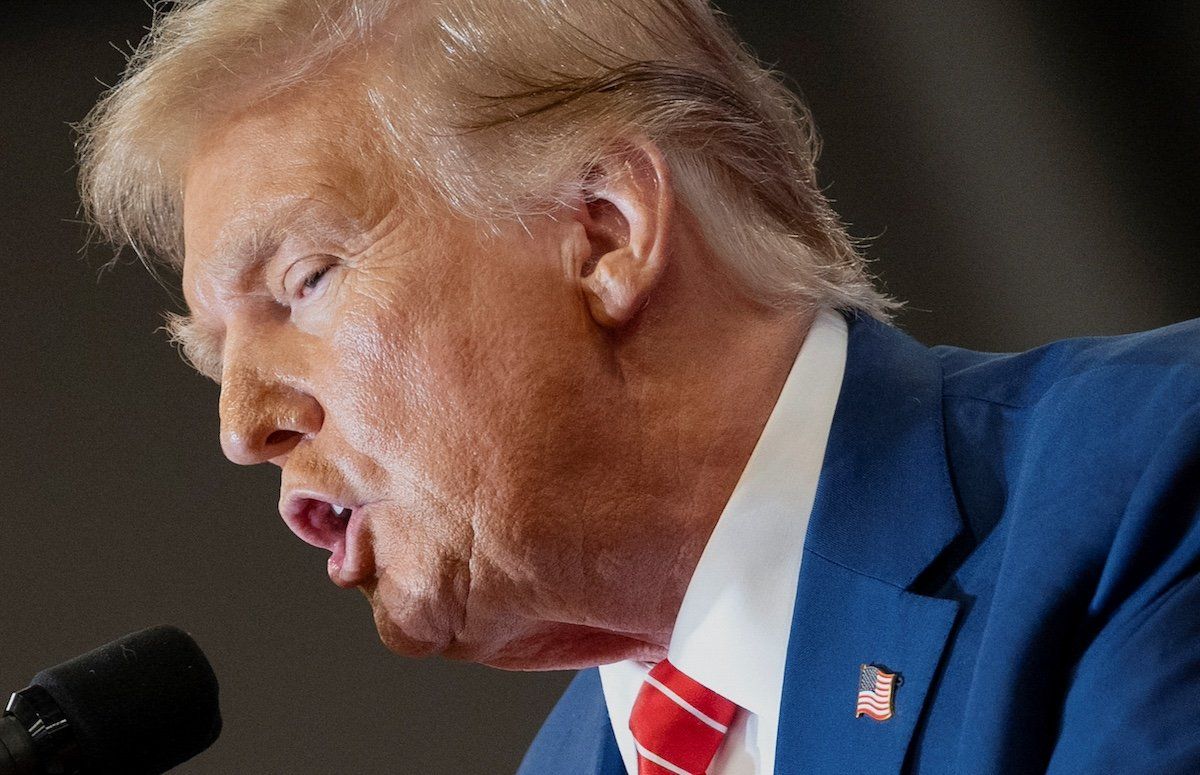Saturday marked the third anniversary of the Jan. 6, 2021, US Capitol riots in which thousands stormed the legislature to protest the results of the 2020 presidential election. Five people died, and hundreds were convicted of criminal charges –convictions that Republican presidential front-runner Donald Trump has repeatedly promised to overturn if he reclaims the Oval Office.
“They ought to release the J6 hostages. They’ve suffered enough,” Trump told an audience in Clinton, Iowa, over the weekend.
On the eve of next Monday’s Iowa caucuses, that pledge is once again in the spotlight as Trump faces off against his rivals, including former UN Ambassador Nikki Haley and Florida Gov. Ron de Santis. Both trail Trump in the polls, but Haley’s star has been rising: This week she announced that her campaign fundraised $24 million in the fourth quarter of 2023, and saw the Koch brothers’ organization pledge an additional $27 million.
Trump’s promise of a get-out-of-jail-free card has divided the Republican Party, with some former critics of his alleged involvement now endorsing him. That has, in turn, galvanized the Democrats, with President Joe Biden vowing to make it a central issue of the 2024 race, should Trump take the nomination.
But Trump’s biggest barrier to reelection isn’t political, it's legal. In late December, the Colorado Supreme Court ruled 4-3 that Trump cannot appear on the state’s ballot and that he would be “constitutionally ineligible” to hold office due to the 14th Amendment’s “insurrectionist ban.”
Trump appealed the case to the US Supreme Court, which is set to hear it in February; the ruling will be applied nationwide. Courts in Michigan and Minnesota dismissed similar state-level 14th Amendment challenges against Trump. Given this and the Supreme Court’s conservative bent – Trump appointed three of its nine judges – the former president’s prospects look good on paper, but they are not assured.
Trump’s legal team scored a win in December 2023, however, when the Supremes refused to rule on Trump’s claim that he is immune from prosecution in the federal election interference case against him, sending the matter to a federal appeals court instead. That may delay Trump’s criminal trial, currently scheduled to start on March 4, just in time for the Colorado primaries on March 5.






